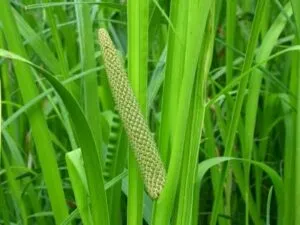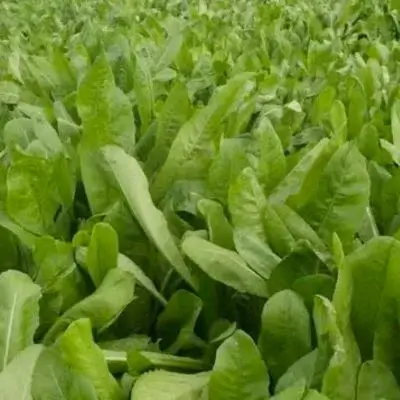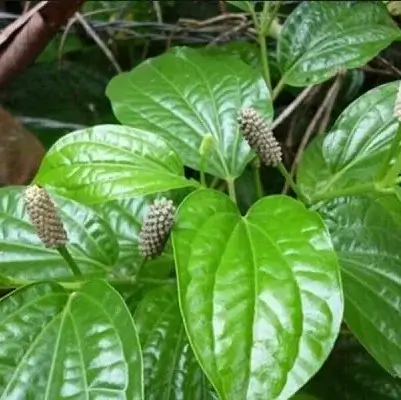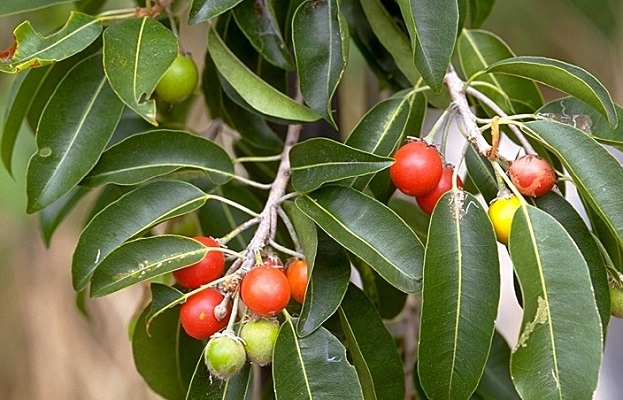On This Page
Vaca – Acorus Calamus
Introduction
Vaca, commonly known as sweet flag is well known for it’s property to improve voice. The name Vaca itself means that the plant can be used to improve voice. It is one of the commonly cultivated herbs in India, owing to its medicinal properties. The name sweet flag is given to the plant due to it’s property of giving sweet voice. The word calamus indicates that the plant mainly grows in marshy areas.
Dr. Gupta’s IAFA mainly aims in alleviating allergic conditions by using naturally available herbs by methods mentioned in ancient Ayurvedic textbooks. Our experts studied on Vaca and proven the plant’s therapeutic activities like Vermifuge, Tranquilizer, Carminative, Sedative etc. Vaca can be used to treat diseases like insanity, epilepsy, indigestion, piles, fever, abdominal pain, hoarseness of voice etc. When used along with honey, it will improve voice quality. The saponin rich extract of Vaca is helpful in the analgesic properties of the plant. The saponin extracts have multiple actions like anti-inflammatory, antioxidant and neuroprotective actions etc. The rhizomes of the plant is found to have Anticonvulsant properties.
Action of Vaca – Acorus Calamus in Allergies
IAFA experts have successfully proven the antiallergic property of the plant Vaca. The plant contains phytoconstituents like volatile oil, Starch, Resin (2.5%) and tanin (1.5%). Volatileoil contains asaraldehyde, Asarone and eugenol. Other constituents include B-asarone, Calamenol, Calamene, Calamenone, Methyleugenol, a-Pinene and campheneetc. These phytoconstituents aids the antiallergic and anthelmintic property of Vaca. Paste or powder of rhizomeof vacacan be effectively applied on the skin to alleviate skin allergic conditions.
Vernacular Names
| Sanskrit Name | Vaca, Aruna, Jatila |
| Hindi Name | Bach |
| English Name | Sweet flag |
| Malayalam Name | Vayambu |
| Kannada Name | Baje |
| Marathi Name | Vekhand |
Botanical Name
Acorus Calamus
Family
Araceae
Morphology of Vaca – Acorus Calamus
- Perennial terrestrial herb
- Stems are stout and creeping
- Rhizomes are aromatic
- Leaves are two ranked, sword shaped
- Inflorescence is spadix
- Fruits are turbinate
Ayurveda Reference of Vaca – Acorus Calamus

Geographical Distribution of Vaca – Acorus Calamus
Cultivated through out India especially in South Indian states like Kerala and Tamil Nadu.
Phytoconstituents of Vaca – Acorus Calamus
The plant contains phytoconstituents like volatile oil, Starch, Resin (2.5%) and tanin (1.5%). Volatileoil contains asaraldehyde, Asarone and eugenol. Other constituents include B-asarone, Calamenol, Calamene, Calamenone, Methyleugenol, a-Pinene and camphene.
Parts Used of Vaca – Acorus Calamus
- Rhizome
Dosage of Vaca – Acorus Calamus
- Powder (churna) – 3-6 g
Medicinal Properties of Vaca – Acorus Calamus
- Medhya – promotes intelligence
- Pramehahara – cures diabetes
- Sulaghna – alleviates pain
- Swasahara – relieves asthma
- Dipana – as carminative
- Krimighna – useful in worm infestations
- Kushtaghana – relieves skin diseases
- Jwaraghna – useful in fever
- Arsoghna – useful in treating piles

Have A Health Issue?
Consult Online
- Dr. Sahil Gupta (B.A.M.S., M.H.A.)
Ayurvedic Allergy Specialist
CEO & Founder of IAFA®
Home Remedies of Vaca – Acorus Calamus
Ayurveda is not only a treatment system popular in India which uses commonly seen herbs for medicinal purpose. Vaca is one of the most widely used herb. Due to its high medicinal value it is used in treating many diseases like,
- In Fever (Jwara) – Decoction prepared from Vaca and Tulasi is taken internally at a dose of 60ml per day.
- In Epilepsy (Apasmara) –Vaca powder is taken with honey in case of epilepsy. The dose is a pinch.
- In voice improvement (Swarasada) – daily usage of Vaca and honey will improve voice.
- In oedema (Sotha) – Paste of Vaca and Sarsapa is applied on the body part. It will cure oedema.
- In Diabetes (Prameha) – Decoction of Vacaand Gooseberry is taken to cure diabetes.
- In improving memory (smrithivardhaka) – Regular usage of Vaca will improve memory capacity.
- As a rejuvenating agent (Rasayana) – Daily usage of Vaca will improve sound quality, skin complexion and promotes strength.
- In Cough (Kasa) – Rhizomeof Vaca is powdered and taken along with honey.
Ayurveda is an Indian system of medicine which is popular from ancient times. It uses different plants and plant products as medicine. Dr. Gupta’s IAFA have been conducting research studies to find out different phytoconstituents of herbs and their action in body. The knowledge acquired through these researches are used to make different medicines. IAFA is the provider of safe and effective treatment for a wide range of diseases, mainly allergic diseases all based on Ayurveda.
Reach IAFA for safe herbal remedies for all your ailments!!!
Was this Page Helpful?
Read More Articles

Kasini (Cichorium intybus)
Know about the uses, benefits, and medicinal properties of Chicory, Kasini (Cichorium…









